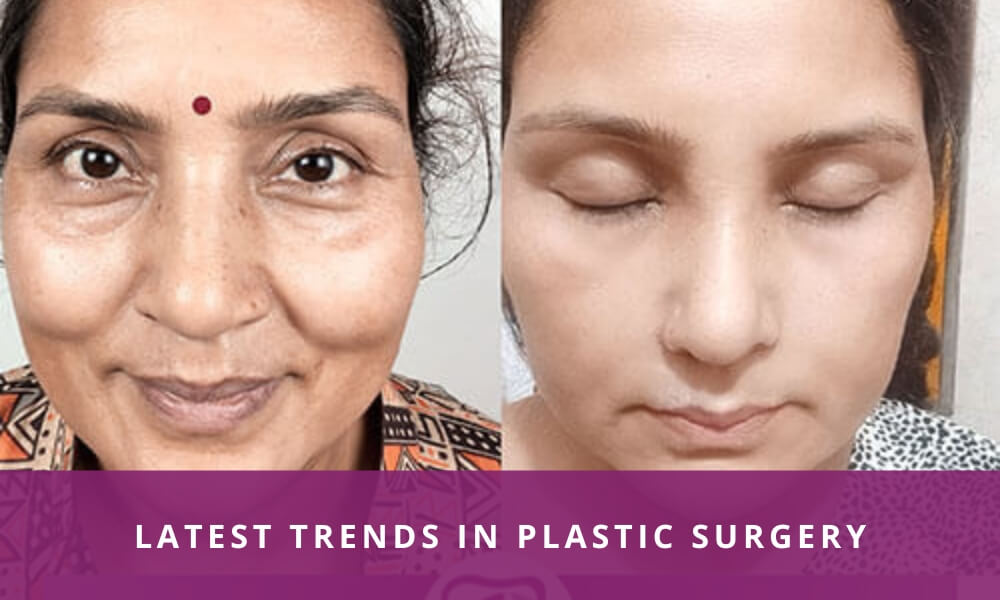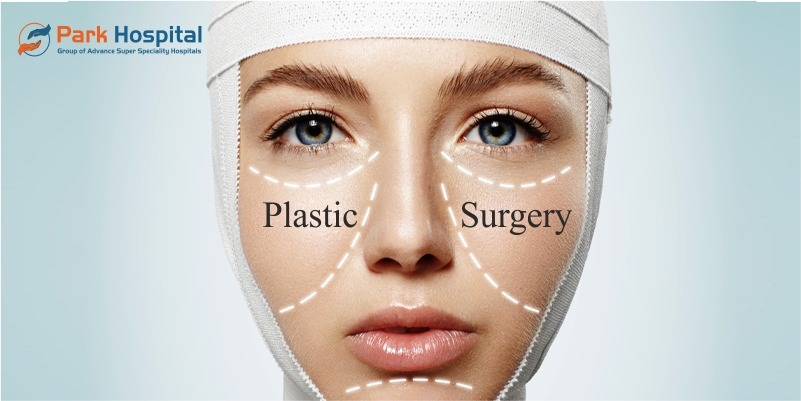The Influence of Self-Image on Decision-Making: Reasons That Numerous People Go After Plastic Surgery for Physical Change
The interplay between self-image and decision-making is a complicated phenomenon, especially evident in the enhancing pattern of individuals opting for cosmetic surgery as a way of physical makeover. Encouraged by a desire to satisfy individual ideals and social expectations, numerous individuals grapple with concerns of self-esteem that can dramatically impact their choices. As outside pressures from social networks and cultural norms increase feelings of inadequacy, an essential question develops: what are the underlying mental variables that drive this quest of transformed appearances, and what implications do these choices hold for individuality and well-being?
Recognizing Self-Image
Self-image describes the psychological image and understanding a private holds concerning themselves, including elements such as physical appearance, characteristic, and overall self-worth - mommy makeover rancho cucamonga. This interior representation significantly influences exactly how people interact with the globe and can be a driving force behind different life choices, consisting of the choice to go through plastic surgery
A positive self-image commonly associates with higher self-worth and a sense of confidence, promoting a proactive technique to life. On the other hand, an adverse self-image may lead to sensations of insufficiency and dissatisfaction, prompting people to seek external solutions to viewed defects. This mission for enhancement can materialize in the need for physical makeover via cosmetic treatments.
The pervasive nature of media and peer comparisons can amplify feelings of insecurity, inspiring people to modify their appearance in search of acceptance or approval. Comprehending these characteristics is necessary in understanding the inspirations behind cosmetic surgical treatment.
Emotional Aspects at Play
Numerous emotional variables affect an individual's decision to go after cosmetic surgical treatment, usually rooted in much deeper cognitive and psychological procedures. One substantial aspect is low self-worth, which might arise from unfavorable self-perceptions or discontentment with one's look. Individuals with lessened self-worth might think that modifying their physical attributes will certainly boost their total worth and acceptance in social contexts.
Additionally, the idea of body dysmorphic condition (BDD) plays an important duty. People struggling with BDD experience an obsessive concentrate on viewed defects in their appearance, leading them to seek medical treatment as a remedy. This compulsive wish for makeover can substantially distort their self-image, driving them to go after procedures in spite of the possibility for damaging results.

Societal Stress and Assumptions
A considerable impact on people' choices to go through plastic surgery comes from social pressures and expectations that suffuse modern culture. In a period controlled by social networks and consistent visual exposure, idealized standards of elegance are frequently showcased, creating a pervasive atmosphere where physical appearance is extremely looked at. Such standards often dictate what is considered appealing, leading individuals to feel forced to adapt these perfects.
Additionally, the normalization of cosmetic improvements in pop culture better aggravates these stress - mommy makeover rancho cucamonga. Stars and influencers freely reviewing their operations can develop an understanding that such changes are not just acceptable yet desirable. This sensation can create feelings of inadequacy in individuals who may feel their natural appearance does not line up with societal standards
In addition, the influence of colleagues can not be ignored. People might come across direct or indirect stress from buddies or family members, bring about a communal validation of plastic surgery as an acceptable methods to achieve an idealized self-image. As a result, these social expectations can substantially influence personal decision-making procedures, typically eclipsing intrinsic inspirations for self-improvement and cultivating a culture where physical makeover is pursued as a remedy for perceived shortcomings.

Study and Personal Stories
Lots of individuals have actually shared their individual trips regarding cosmetic surgery, disclosing a complicated interaction in between self-perception and societal influences. For example, a 34-year-old click now woman described how years of sensation inadequate as a result of her nose led her to seek nose surgery. She reported that after the treatment, her self-confidence rose, permitting her to involve even more easily in social review circumstances and advance her career. Yet, she recognized that her decision was heavily affected by media portrayals of elegance.
Similarly, a male patient in his late twenties stated his battle with body dysmorphic problem, which motivated him to seek lipo. His experience highlighted not just a desire for physical makeover however additionally a goal for approval amongst peers. Post-surgery, he shared a renewed feeling of self-worth, albeit with the awareness that inner recognition must precede outside adjustments.
These case researches emphasize a wider fad: people commonly see plastic surgery as a path to boosted self-image. Nevertheless, the narratives also reveal a crucial viewpoint on the stress and expectations that shape these choices, suggesting that personal stories are deeply intertwined with societal standards and worths.
Alternatives to Aesthetic Surgery

Skin care treatments, including chemical peels and microdermabrasion, can boost skin structure and tone, attending to problems like acne scars or irregular pigmentation. Furthermore, laser therapy is an efficient approach for targeting specific skin problems, such as sunlight damages or vascular lesions, advertising an extra younger appearance.
For those seeking body transformation, non-invasive fat reduction techniques like CoolSculpting can help eliminate persistent fat deposits without surgical treatment. Physical fitness programs and nutritional therapy are likewise essential tools for people intending to achieve a much healthier body photo. Eventually, these alternatives can give significant results while straightening with individual comfort levels and choices, fostering a positive self-image without the durability of cosmetic surgical procedure.
Conclusion
People often seek physical improvement in an attempt to boost visit homepage self-worth and line up with regarded requirements of appeal. By exploring options and promoting a healthier self-image, individuals might find a lot more lasting pathways to self-acceptance and health.
The interaction in between self-image and decision-making is a complex phenomenon, specifically evident in the enhancing fad of people deciding for cosmetic surgical procedure as a method of physical transformation.Various mental variables affect a person's choice to pursue cosmetic surgery, frequently rooted in deeper cognitive and emotional procedures.A significant influence on individuals' choices to undertake cosmetic surgery stems from social pressures and assumptions that infuse contemporary culture. People may experience indirect or direct pressure from buddies or household, leading to a common recognition of cosmetic surgery as an appropriate methods to attain an idealized self-image.Lots of individuals have actually shared their individual journeys regarding cosmetic surgery, revealing an intricate interplay between self-perception and societal impacts.